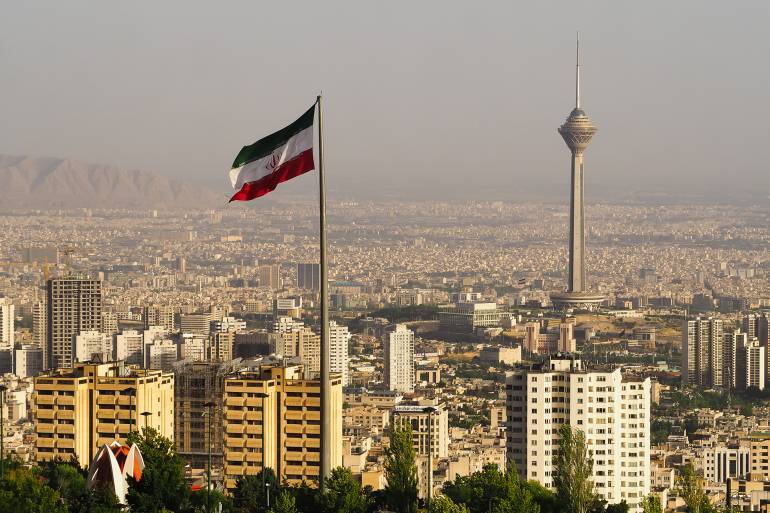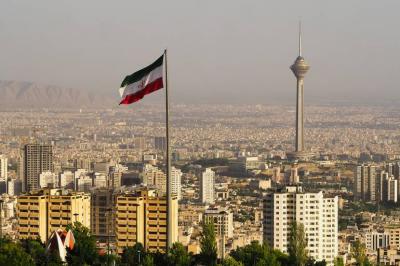Iran condemned the United States' position on the elections that resulted in the victory of hardline conservative Ebrahim Raisi as president, considering it an interference in its internal affairs. Raisi won approximately 62% of the votes cast in the elections held on Friday. Official figures indicate that 48.8% of voters participated, marking the lowest turnout for a presidential election since the establishment of the Islamic Republic in 1979.
Raisi, who has been the head of the judiciary since 2019, faced three candidates in the elections, but there was no serious competitor after the Guardian Council excluded prominent names who had submitted candidacies. A spokesperson for the US State Department expressed regret last week that "Iranians were denied their right to choose their leaders in a free and fair electoral process."
In response to this statement, Iranian government spokesman Ali Rabiei said, "We consider this statement to be an example of interference in Iran's internal affairs and contradictory to international law." He added at a press conference, "We condemn it," further stating, "The US administration is not in a position to comment on the electoral process in Iran or any other country."
The United States is the arch-enemy of the Islamic Republic, and their diplomatic relations have been severed since 1980. Tensions between the two countries escalated during the presidency of Donald Trump (2017-2021), who decided in 2018 to unilaterally withdraw from the nuclear agreement signed between Iran and six major world powers three years prior. Trump reinstated economic sanctions on Tehran, which responded about a year after the US withdrawal by gradually abandoning most of its commitments under the agreement.
New US President Joe Biden has expressed his intention to return the country to the agreement, provided Iran resumes respecting its commitments. Since early April, Tehran and the parties to the agreement, with indirect participation from the United States, have been engaged in talks in Vienna aimed at reviving the agreement. In response to a question during his first press conference after his election, Raisi confirmed on Monday that he would refuse to meet Biden, even if the Vienna talks resulted in a settlement to lift sanctions.




